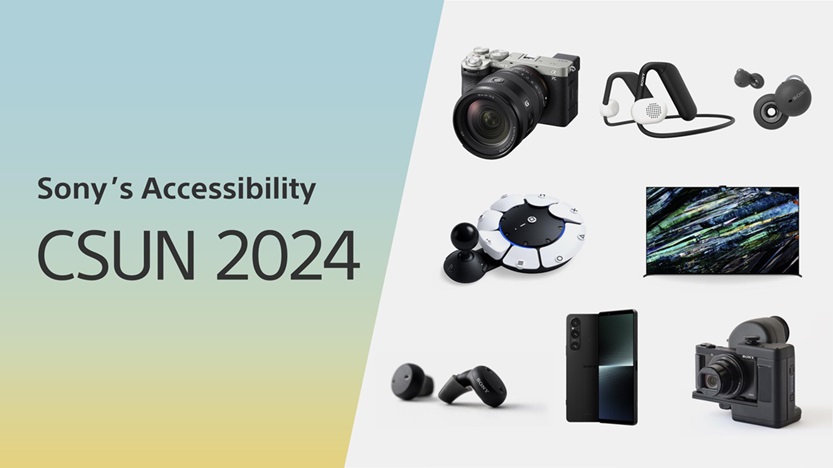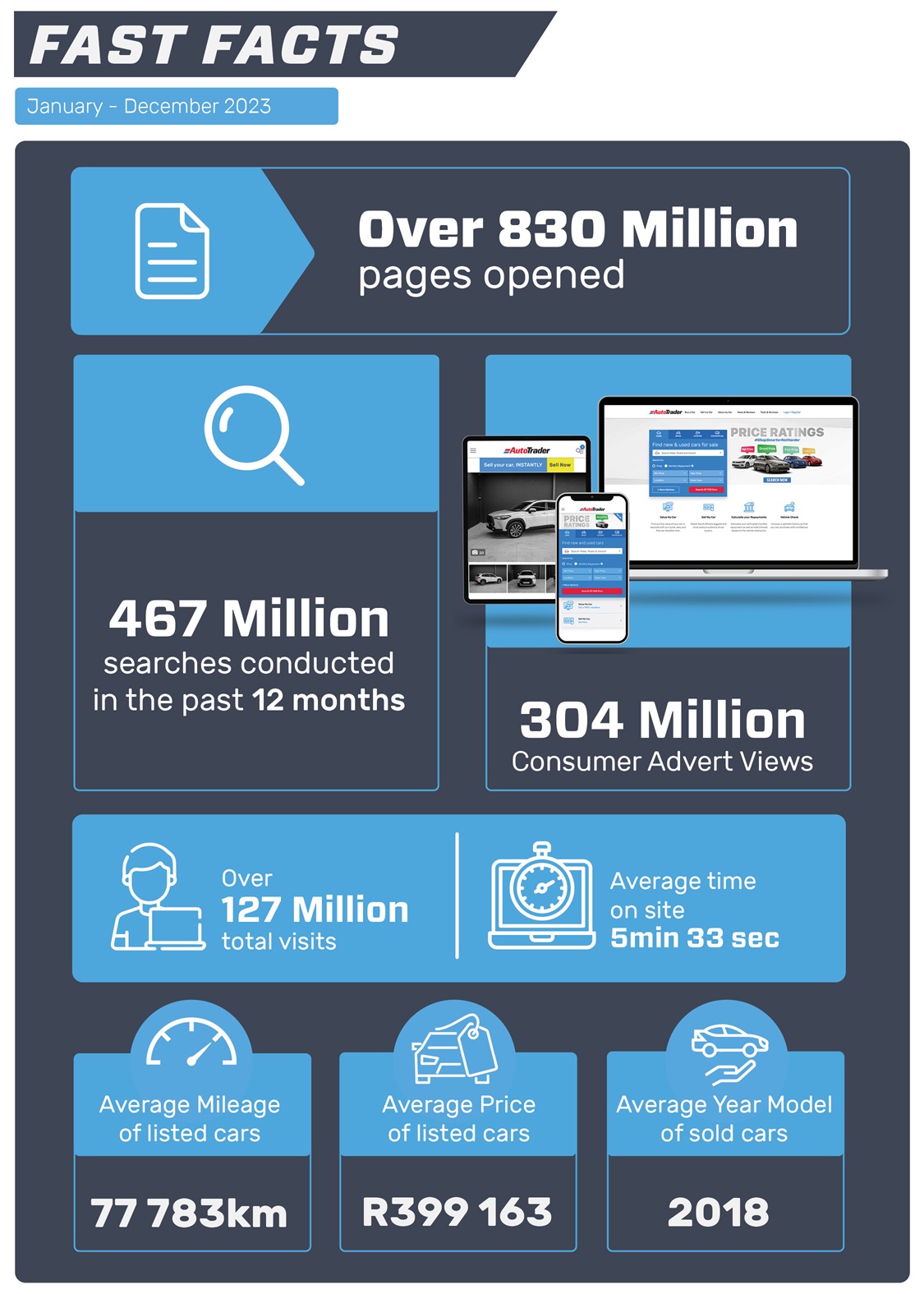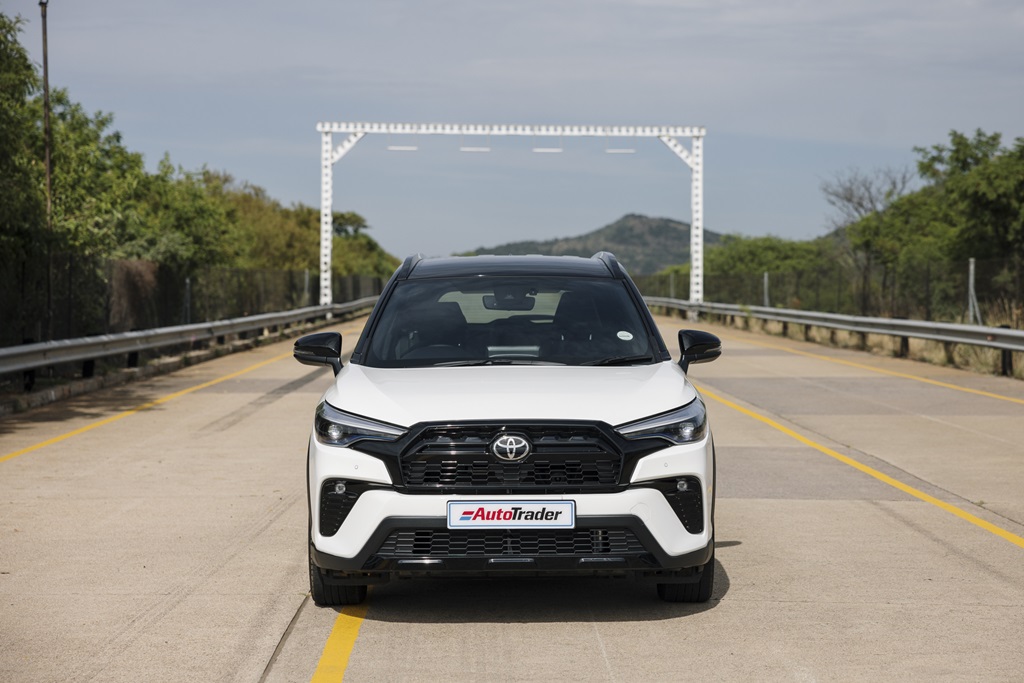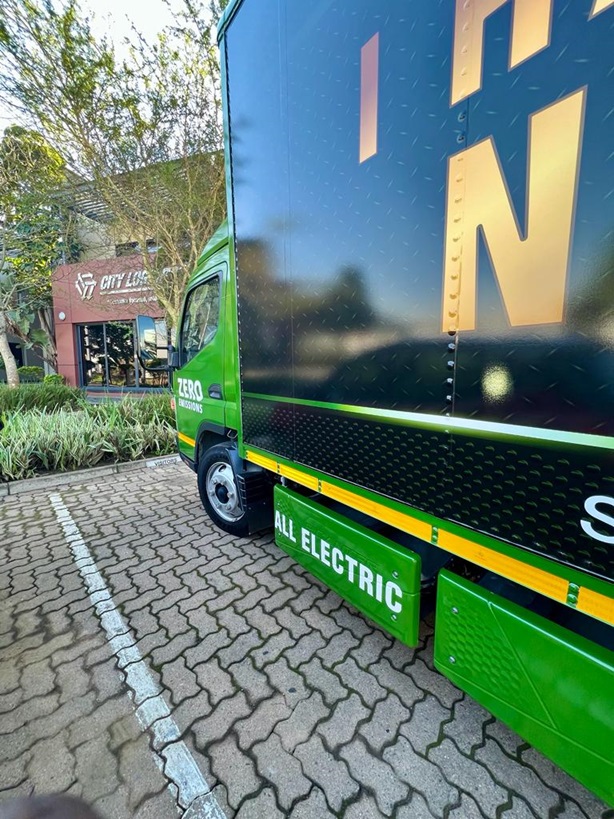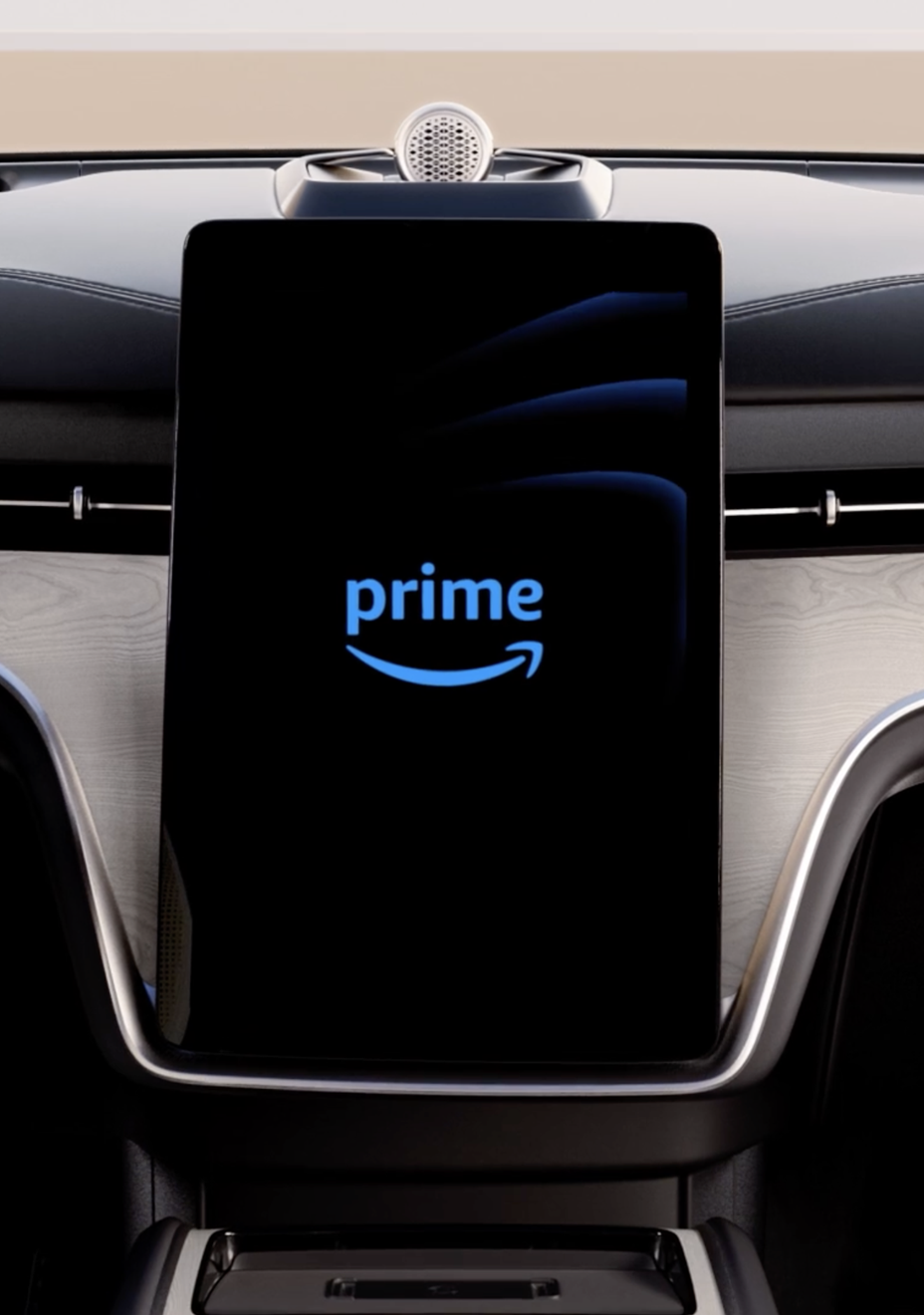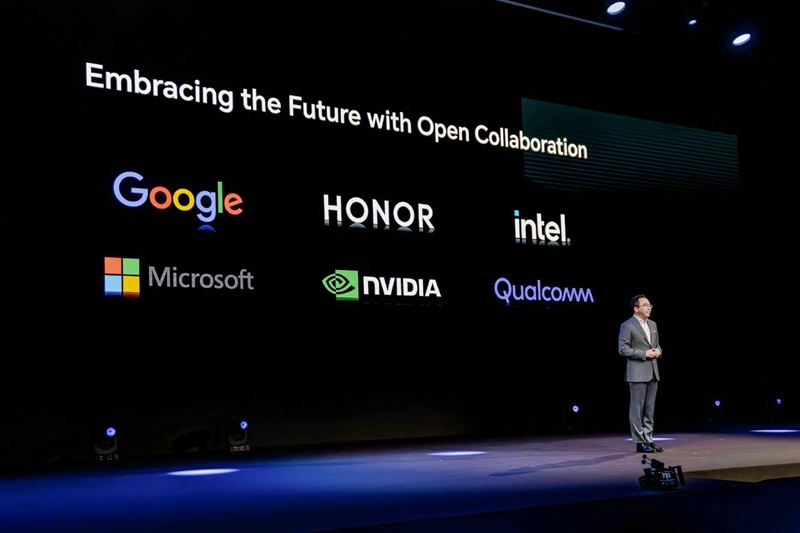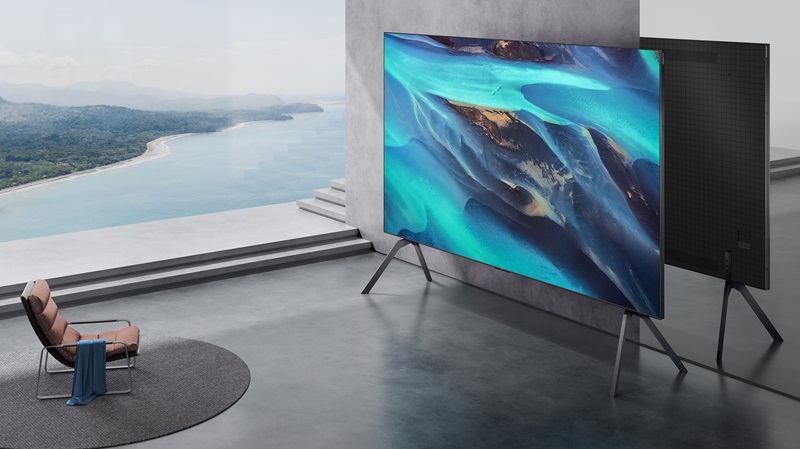Last week Facebook CEO Mark Zuckerberg faced two days of questioning by the US Congress on user security and privacy invasions and he has since been summoned to testify to EU lawmakers. With the acceleration of connected vehicles and the data they will collect, AutoTrader CEO George Mienie considers what motorists can learn from this unfolding story.
Connectivity has revolutionised the world and the automotive industry has happily joined the party. A host of benefits are associated to this trend including better, tailor-made product offerings for drivers such as streaming digital radio and enhanced navigation systems with improved ways of avoiding congestion.
Connected-car technologies will become standard by 2020 at the latest, reports consulting firm McKinsey. “Features such as autonomous driving will rely on this connectivity in order to exist,” explains Mienie. “The data that these cars will accumulate as a result, will be worth a substantial amount of money,” he advises. McKinsey reports that automotive data could be worth up to $750 billion (R9 trillion) globally by 2030. “The data alone could become worth more than the car,” Mienie muses.
Your car and your driving patterns say a lot about you. They reveal behaviour such as your driving habits as well as the places you commonly visit. Much like Facebook offers location-based advertising, cars too will have this capability. “In the future, you could be offered a promotional deal from the restaurant you pass each day in a self-driving taxi,” Mienie explains.
Some motorists may be alarmed at this thought. “But benefits of this connectivity in many ways outweigh the negatives,” he advises. “Data sharing can assist when it comes to preventative maintenance, for example, which will help to avoid breakdowns. In a country like South Africa, with our road safety and security concerns, this is an important feature.”
Motorists are advised to learn from the Facebook privacy breach and apply this know-how to better manage settings within their connected cars. “Consumers need to think of their cars as partners to their mobile phone, tablet or computer,” he advises. “Take the time to read through the user guides, and the terms and conditions as they are updated.”
Consumers might find they have to trade functionality for privacy. “This is a hurdle tech developers from all sectors must overcome, as they look to solve this growing tension,” Mienie points out.
“I suggest consumers keep a close eye on how the Facebook story develops. Whatever legislation is created will be used to govern other global tech companies such as Google and Amazon and ultimately to regulate parts of the automotive sector,” he concludes.
Post provided by AutoTrader



